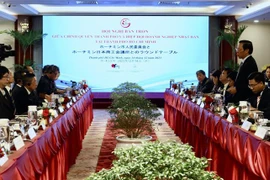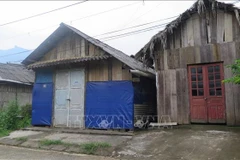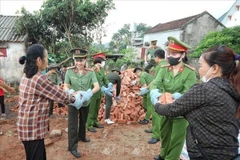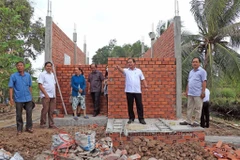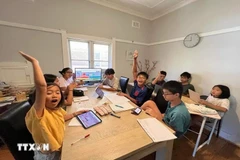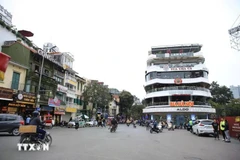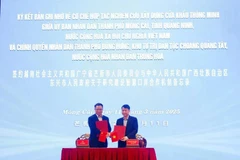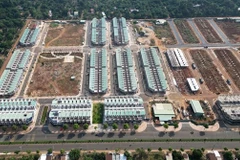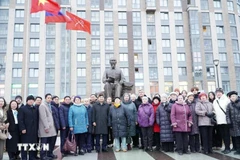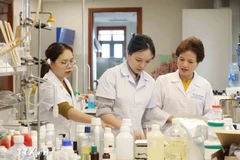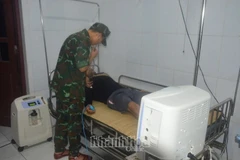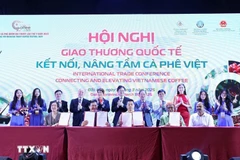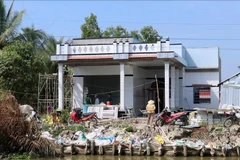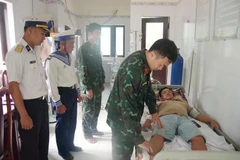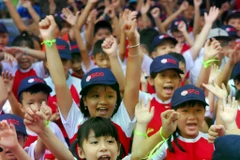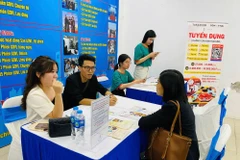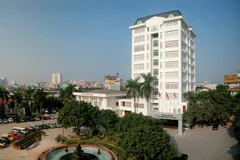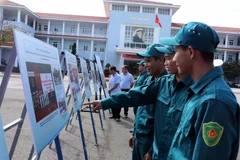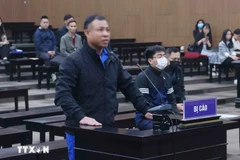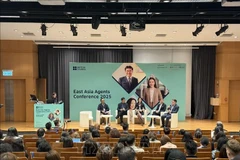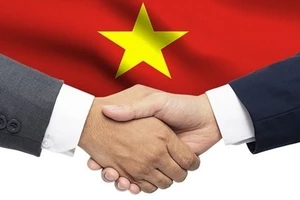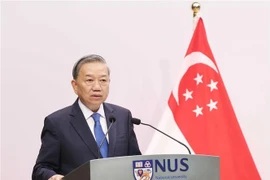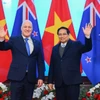Tokyo (VNA) – Prime MinisterPham Minh Chinh attended a Vietnam-Japan labour cooperation forum in Tokyo onDecember 16, as part of his working trip to take part in the Commemorative Summit for the 50thYear of ASEAN-Japan Friendship and Cooperation and bilateralactivities.
The forum was co-hosted bythe Vietnamese Ministry of Labour, Invalids and Social Affairs (MoLISA), theMinistry of Planning and Investment, and the Vietnamese Embassy in Japan.
This year, Vietnam has recorded the highest number of guestworkers ever, both in the number of labourers sent annually to Japan, estimated ataround 85,000 and the figure of labourers currently working in Japan, standing at over300,000. Vietnam is also the biggest source of workers sent to and presently workingin Japan, among 15 countries sending apprentices and workers to the East Asian country.
Speaking at the event, PM Chinh said the Vietnamese community inJapan with over 500,000 people, more than 300,000 of them are working there andthe number has been on the rise, are contributing to Japan’s socio-economic development,becoming bridges fostering close ties between the two countries.
He suggested focusing on recruiting and dispatching workers withskills, qualifications, and a desire to learn in certain Japanese industries ofstrength such as semiconductor, information technology, automation,biotechnology, agricultural technology, underground water treatment and urbanenvironment, towards building a workforce trained through practical jobs inJapan to contribute to the development of those industries in Vietnam.
Alongwith the current revision of Japan's legal policies regarding training and receptionof foreign labourers, he said Japan should take the lead in training internationalworkforces, including Vietnamese labourers, in order to step up effective,sustainable, and mutually beneficial labour cooperation between the two nations.
He hoped that Japanese agencies, along with the MoLISA and the Vietnamese Embassy in Japan, would work together effectively to createthe best living and working conditions for Vietnamese workers, minimisepotential risks so that they could feel secure when studying, working andcomplying with the host country's laws, ultimately reducing legal violations in Japan.
The Vietnamese leaderalso proposed the Japanese Government, competent agencies and localities createfavourable conditions and simplify visa procedures, aiming to eventually exemptVietnamese citizens from entry visas, thus further promoting tourismcooperation between the two countries.
He suggested the early launching of study tourism, caring for and creating favourableconditions for the community of nearly 500,000 Vietnamese living, studying, andworking in Japan who will serve as bridges to further deepen the bilateral cooperativerelationship./.



